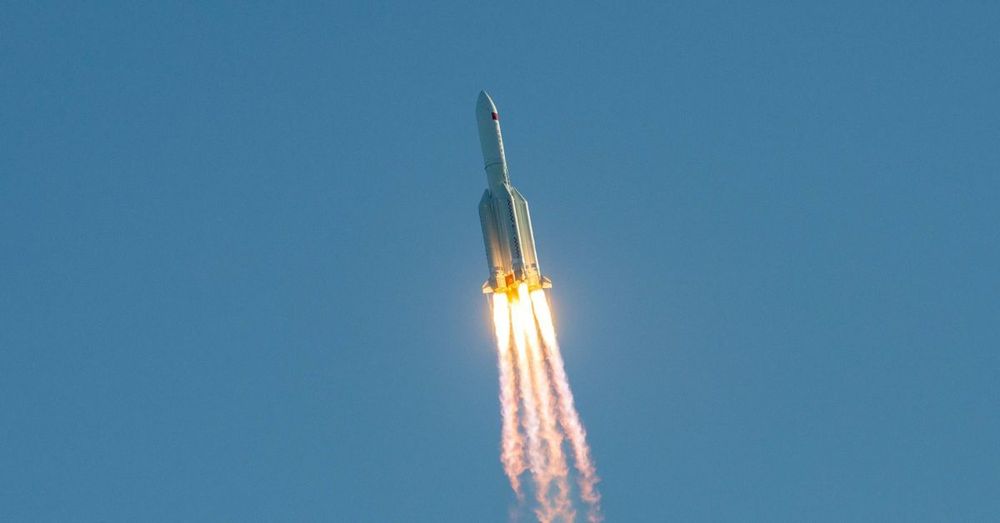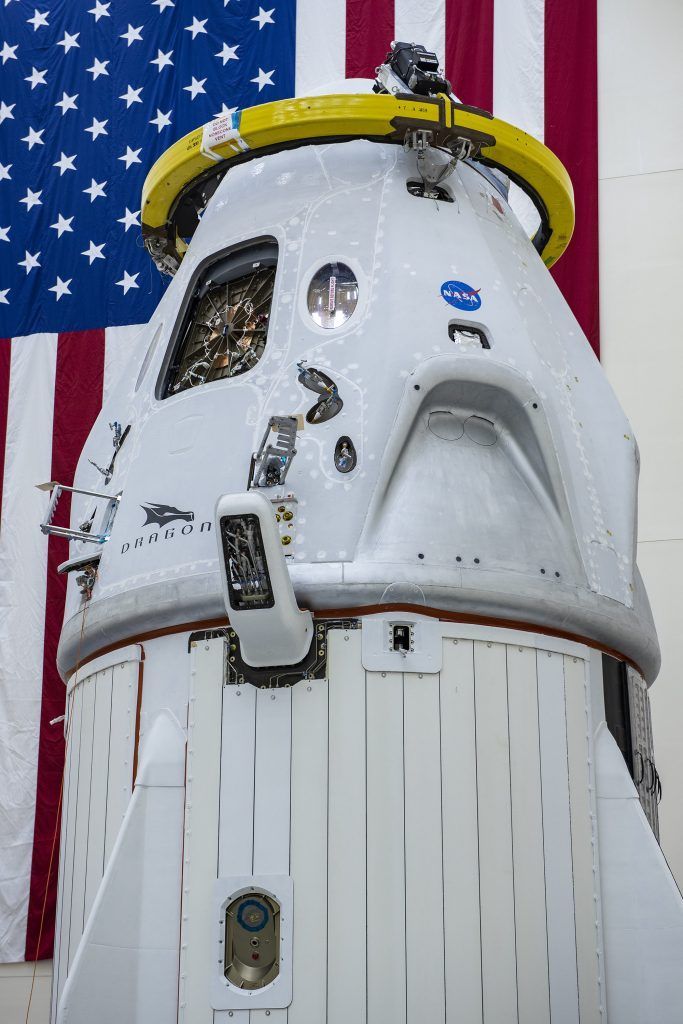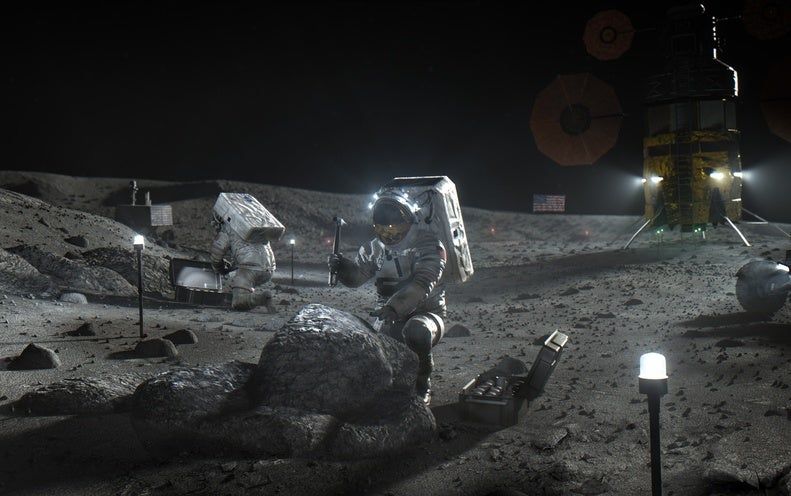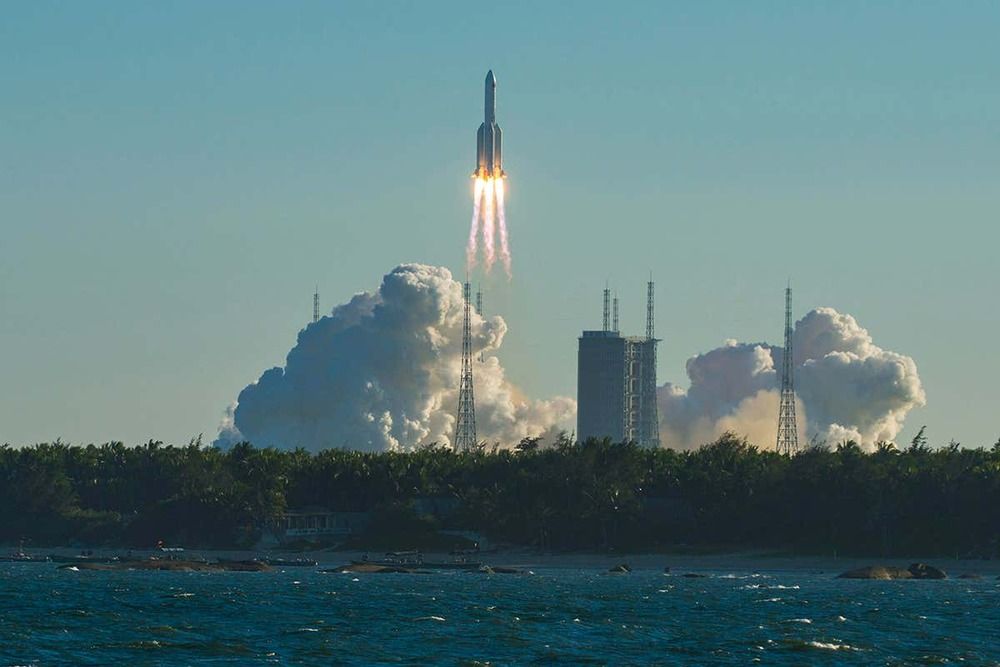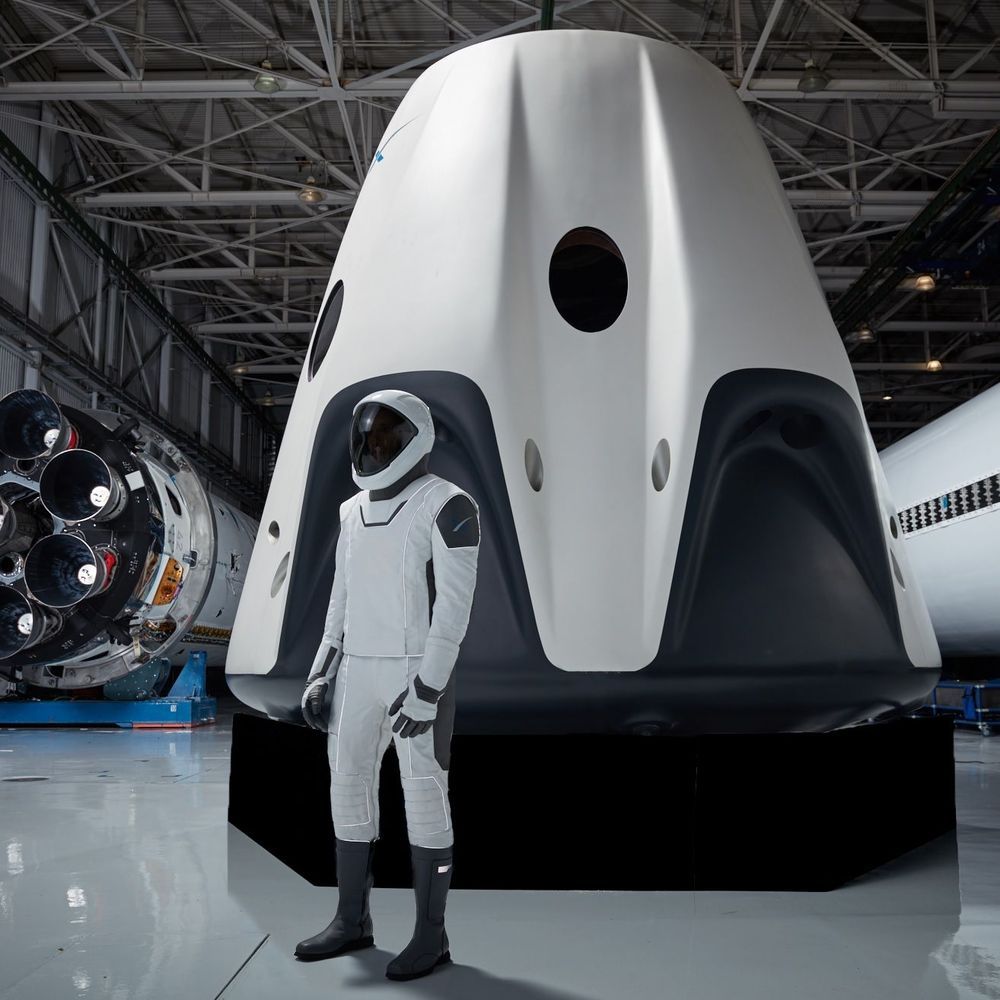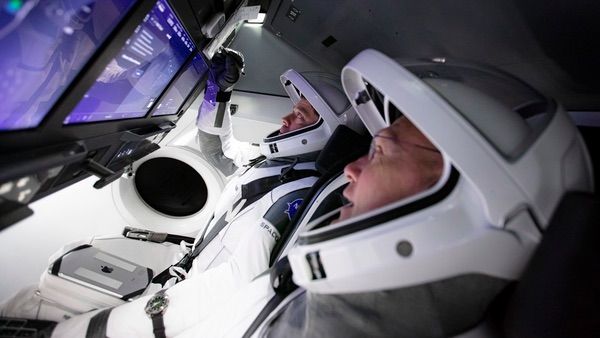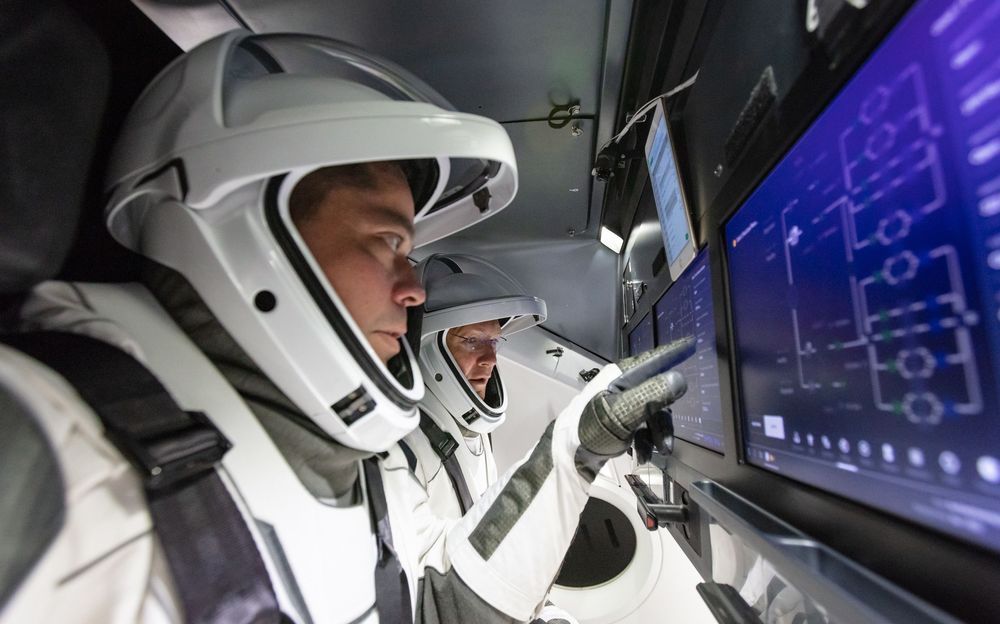The last time NASA launched astronauts from the Kennedy Space Center, hundreds of thousands of people showed up to watch the final flight of the space shuttle in July 2011. The expectation, by NASA and others, was that similar crowds would show up when commercial crew flights finally began. The large crowds that showed up for launches like the first Falcon Heavy mission in 2018 or even relatively routine cargo launches appeared to confirm that belief, and NASA was planning for big crowds, not just of the public outside the gates of KSC but also official guests and working media inside, for a historic mission.
Then came the pandemic, and all those plans went out the window.
Now NASA is in the unusual, but understandable, position of telling people not to witness in person one of the agency’s biggest missions in the last decade. “We are asking people to watch from home,” NASA administrator Jim Bridenstine said Friday in a media teleconference about the upcoming SpaceX Demo-2 commercial crew mission.
